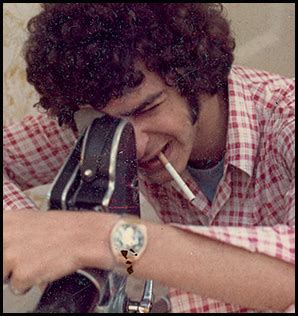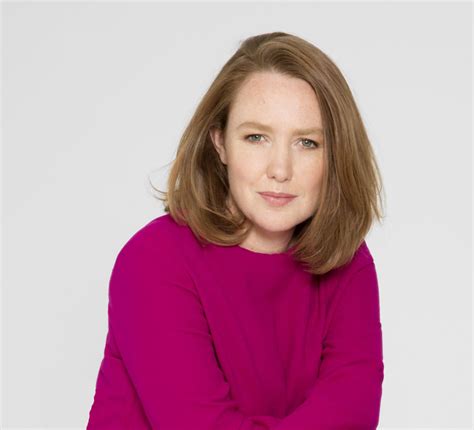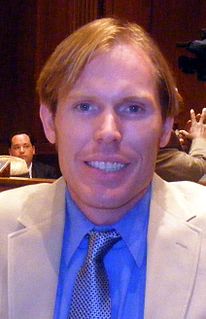A Quote by Blaise Pascal
All our dignity lies in our thoughts.
Quote Topics
Related Quotes
In the space between stimulus (what happens) and how we respond, lies our freedom to choose. Ultimately, this power to choose is what defines us as human beings. We may have limited choices but we can always choose. We can choose our thoughts, emotions, moods, our words, our actions; we can choose our values and live by principles. It is the choice of acting or being acted upon.
Our experience of reality is the result of the magical alchemy of the creation of our thoughts, our beliefs, our decisions, our attitudes, our feelings. All of these are, for the most part, unconscious. Mindfulness allows us to watch these thoughts and choices and decisions without being triggered and having to take action and give meaning.
Psychologists tell us we think 50,000 thoughts a day...between 1,000
and 5,000 thoughts in a single hour. Many of those thoughts are about
ourselves and about our performance, about our lovability, our capability
and our significance. So the key is to control those thoughts, making
certain they're always positive.
We are completely unaware of our true nature because we identify ourselves with our body, our emotions and our thoughts, thus losing sight of our unchanging centre, which is pure consciousness. When we return to our true nature, our thoughts and perceptions no longer appear as modifications of a single substance, they come into being and subside like waves of the ocean.










































